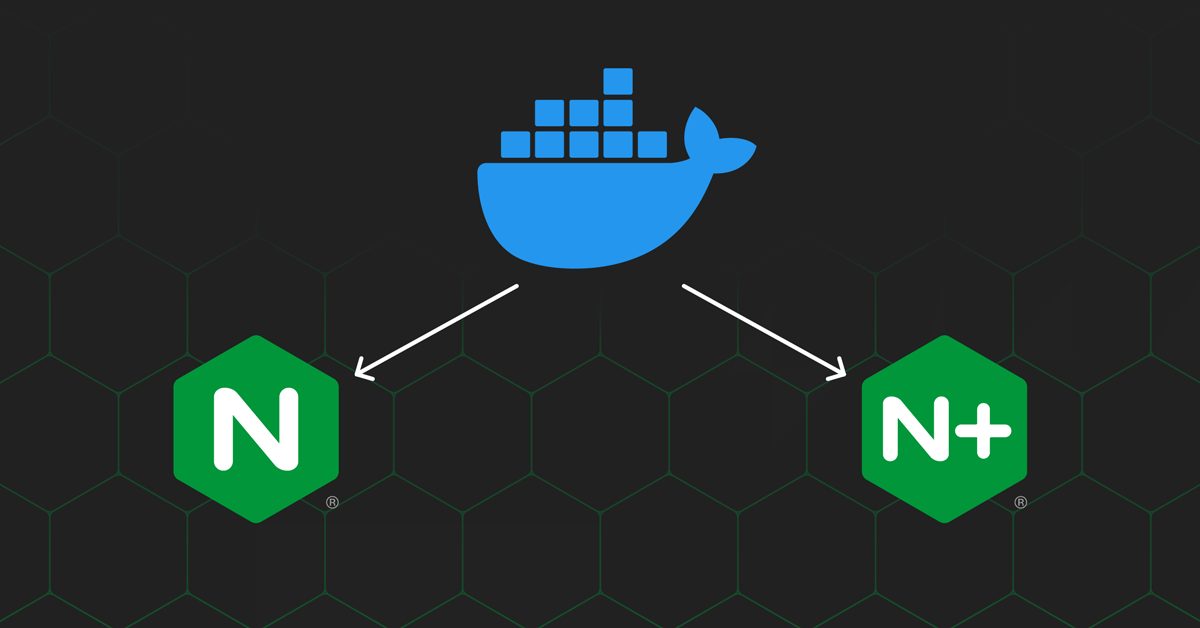

Each machine can substitute any other machine in a Kubernetes cluster.
It represents a single machine in a cluster, which could be a physical machine in a data center or a virtual machine from a cloud provider. What is a node in Kubernetes?Ī node is the smallest fundamental unit of computing hardware. Each of these components has individual components in them. There are two primary components of Kubernetes Architecture: the master node and the worker node. What are the main components of Kubernetes architecture? Docker can deploy rolling updates but can’t deploy automatic rollbacks Kubernetes can deploy rolling updates as well as automatic rollbacksĦ.Docker Swarm can share storage volumes with any container easily, while Kubernetes can only share storage volumes with containers in the same pod.Docker requires third-party tools like ELK stack for logging and monitoring, while Kubernetes has integrated tools for the same.
#Docker swarm vs kubernetes self killing manual
#Docker swarm vs kubernetes self killing software
Docker is an open-source platform used to handle software development. This is one of the most frequently asked Kubernetes interview questions, where the interviewer might as well ask you to share your experience working with any of them. Orchestration would help in such a situation by enabling all services in individual containers to work seamlessly to accomplish a single goal. If you place them in separate containers, this would inevitably create obstacles for communication. Say, for example, you have six or seven microservices for an application to run. Orchestration refers to the integration of multiple services that allows them to automate processes or synchronize information in a timely fashion.

What is orchestration when it comes to software and DevOps? It is used to easily manage several containers (since it can handle grouping of containers), which provides for logical units that can be discovered and managed. This is one of the most basic Kubernetes interview questions yet one of the most important ones! Kubernetes is an open-source container orchestration tool or system that is used to automate tasks such as the management, monitoring, scaling, and deployment of containerized applications. Enroll now! Kubernetes Interview Questions and Answers 1. Enhance your Kubernetes skills and gain credibility in the field with the Certified Kubernetes Administrator Certification Training. So, without further ado, let's jump right in and learn the top Kubernetes interview questions and answers. This Kubernetes interview questions article will help you prepare for any interview or certification exam that you may need to take once you’ve completed the Kubernetes training. Kubernetes comes from a Greek word meaning ‘captain,’ ‘helmsman,’ or ‘governor.’ The term is now also used in the DevOps and on-premises software development world to refer to a powerful bundle of solutions that equips operations engineers to scale and service server (and box) setups effortlessly.


 0 kommentar(er)
0 kommentar(er)
